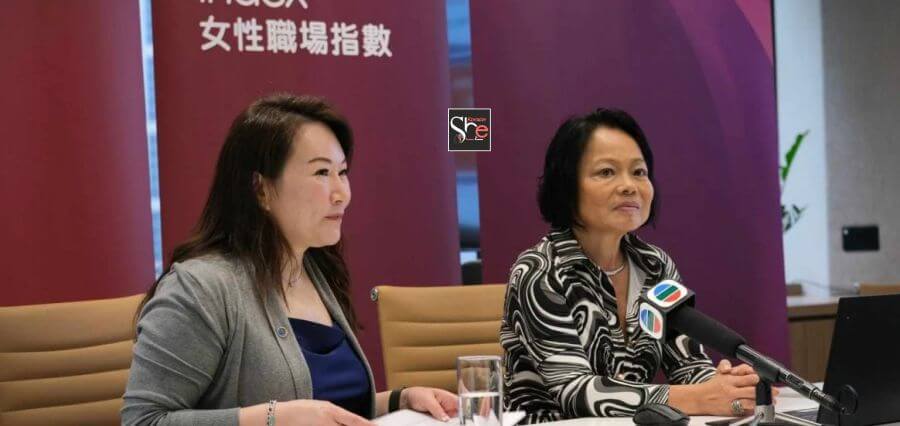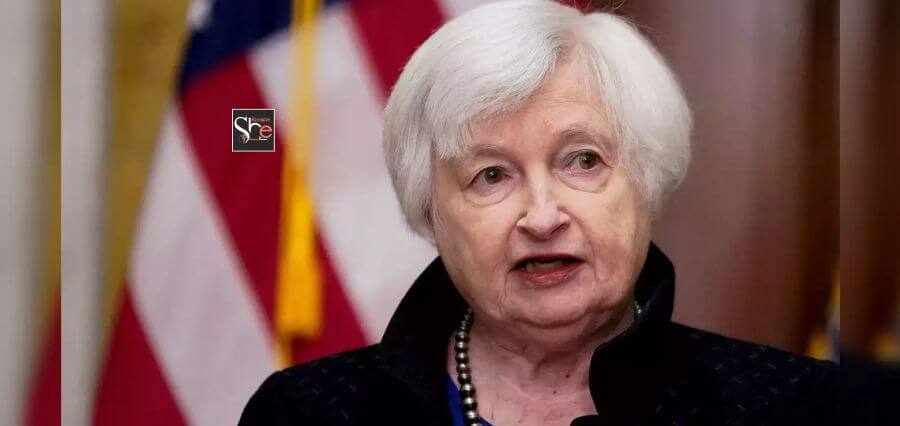The Women’s Workplace Index (WWI) is poised to monitor corporate policies and data regarding maternity leave, equal pay, flexible work arrangements, and efforts to combat harassment, offering an accreditation system that provides accessible online data.
In Hong Kong, where external assessments of competitiveness, such as economic freedom indices, hold significant value, the region is now home to a novel regional index evaluating women-friendly workplace policies. The Women’s Workplace Index aspires to serve as a public repository for tracking the advancement of companies in Hong Kong and across Asia. Among the initial members are prominent entities like Sino Group, CLP Power, Linklaters, Hong Kong University of Science and Technology, and Manulife.
Nicole Yuen, the founder and CEO of WWI, states that the index will gather information on various policies and practices, including maternity leave, pay equity, flexible work arrangements, and measures against sexual harassment. Crucially, the index will also function as an accreditation program, making the collected data publicly accessible online.
Presently, scrutiny of company policies often focuses solely on female representation in management roles and on boards. Yuen emphasizes that WWI aims to go beyond mere representation in leadership positions. “There is still insufficient progress in creating workplaces conducive to women balancing work and caregiving responsibilities,” she noted.
Interestingly, the aftermath of the pandemic exacerbated gender disparities, as revealed by a recent survey conducted by global advisory firm Grant Thornton International among approximately 5,000 mid-market companies across 28 countries. The return-to-office trend disproportionately affected women, depriving them of flexible arrangements crucial for advancing female leadership.
Gender equality transcends maximizing societal potential. According to Moody’s Investors Service, greater female participation in the labor market and management is crucial in navigating global economic challenges. Narrowing the gender gap in the labor force post-2019 added USD 1.5 trillion to global income.
As of October 2023, women held 19% of board seats in companies listed in Hong Kong, up from 16% in 2022, according to MSCI, a US-based financial indices provider. With a Hong Kong listing rule mandating companies with all-male boards to appoint at least one female board member by the end of 2024, this figure is expected to rise further. Improved representation of women at the management level is poised to generate a larger pool of board candidates in the long term.






